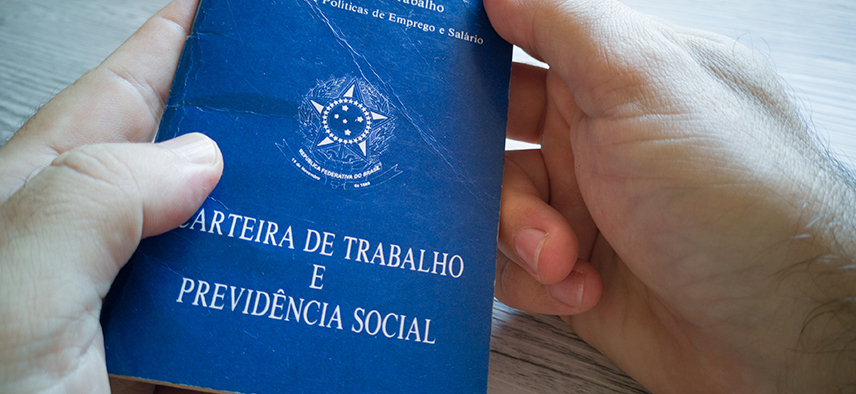The fact that the Church enjoys fiscal immunity raises many doubts above all and all that make up it, and one of these figures is the parish priest, we have already explained here the confessional and legal character of the figure of ecclesiastical leadership. address a specific issue, which is social security.
From 1979, with the publication of Federal Law No. 6696, on October 8, a legislative interruption began to end, with the direct mention of the now called ”Minister of Religious Confession”, with his right to social security guaranteed. , although it still places it as an optional insured, to demonstrate that ecclesiastical support does not characterize remuneration funds.
- After the validity of the constitutional order in force.
- In order to regulate all the actual guarantees guaranteed there.
- Were Laws 8.
- 212 and 8.
- 813 of 24 July 1991 passed?The Law on Costs and Benefits.
- Which.
- Together with related legislation.
- Covers social security systems in Brazil Since then.
- The Minister of Religious Confession has fully integrated into the social security system as the right holder and.
- Proportionally.
- The person who pays the fees.
- As a compulsory insured.
- Thus we come to the text now in force in the country.
- Which we reproduce here:.
Article 12. The following persons are compulsory social security insurers: [?] Ⅴ?As an individual quoter: (Text given by Law 9. 876 of 1999) [?] C) the Minister of Religious Faith and a member of an institute of consecrated life, congregation or religious order; (Labeled by Law No. 10. 403 of 2002) (emphasis added).
Federal laws No. 8. 212 and No. 8. 213/91 govern the issue of social security in Brazil, when administered by institutes, orders, directly religious organizations or similar entities, the law says that they are considered mandatory insured from the general social security system. as individual taxpayers.
Registration is made by declaration proving its status to the religious community that maintains it As an individual taxpayer, is currently subject to a contribution rate of 20% (twenty percent) of the salary contributed through its own guide?GPS. As in most cases there is no secure stipulation of the religious’s remuneration, his declaration will be valid for the purpose of establishing the contribution wage, in accordance with the minimum and maximum limits established by law.

